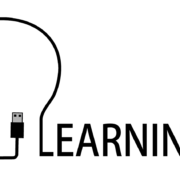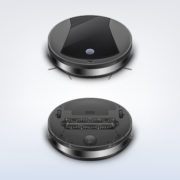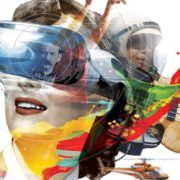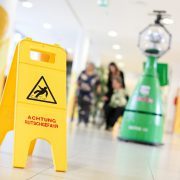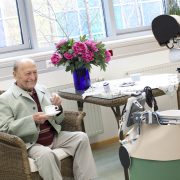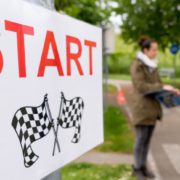Keep it Simple – minimize information deficit, gain time and security
Health-care professionals often deal with adapted regulations as well as required training for their respective tasks. The day-to-day routine however makes it difficult to acknowledge the changes or attend trainings. The aim of our project is to analyse how an E-Learning platform could allow health-care professionals in the care setting to study and absolve trainings and gain knowledge in a digital manner through different interactive methods.
As a result, we expect more orientation and security among the employees in regard to the execution of the activities, but also the work-related knowledge and the processes themselves. The low-threshold presentation of information means that information gaps can be closed more quickly.
Duration: October 2020 – April 2022
Funds: Arbeiterkammer Österreich – Digifonds

